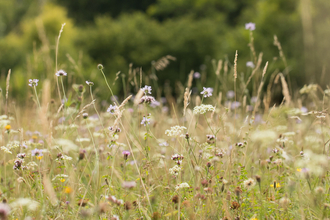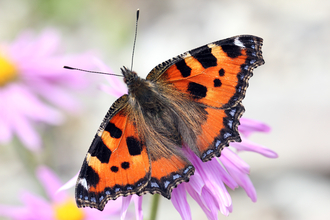The UK’s first lockdown started on March 23rd 2020, just after the spring equinox. A deeply unsettling time was made bearable for many by a succession of sunny days and walks in local parks, woods and fields.
Nature in the year of coronavirus
Ciffchaff (c) Janet Packham Photography
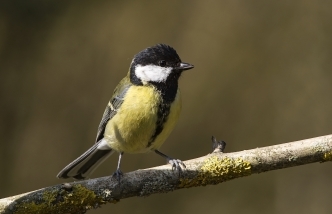
Great tit (c) Bob Coyle
The constant vroom of car engines was hushed and instead we heard birdsong: blackbirds, robins, great tits and newly arrived chiffchaffs staking out territories at the tops of their voices. Nature, as it always does, came to the rescue.
The No Mow May campaign took off and thousands of people around the country let their lawns grow, discovering the joy of buttercups, daisies and speedwell in their gardens. Others, though, used the extra time at home to mow their grass even more often than usual. While some were passionately embracing the wild, others preferred to get rid of it altogether: plastic grass became strangely popular as more and more gardens were converted to outdoor rooms, bereft of wildlife.
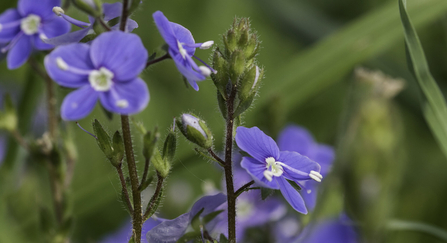
Germander speedwell (c) Chris Lawrence
Meanwhile, the Wildlife Trusts launched their campaign to restore 30% of land and sea for nature by 2030. In every county – including here in Shropshire - nature recovery network maps are being drawn up identifying opportunities for wild habitat creation. It is a strategy that will bring many people and organisations together: wildlife charities like ourselves, farmers, businesses, utility companies, schools and millions of individuals all taking positive steps to enhance the environment for wildlife.
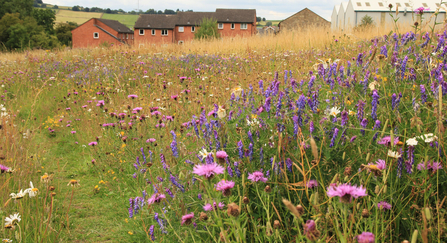
Wildflower meadow (c) Kieron Huston
Together, we will create connections between existing areas of good habitat, stitching together fragmented wild areas with flower rich grassland, hedges, trees, orchards and other tree planting. Not everyone recognises the urgency of doing this (there will always be some who prefer a bland, lifeless backyard to one that is humming with bees and singing with birds) but there are millions of us who really do want to bring change.
And best we do this worldwide. The same human activities that drive climate change and biodiversity loss also increase pandemic risk. Deforestation and mining in the tropics, coupled with a huge expansion of farming and the exploitation of wild animals for food, are letting loose a host of new viruses. And that’s something none of us would wish for.


